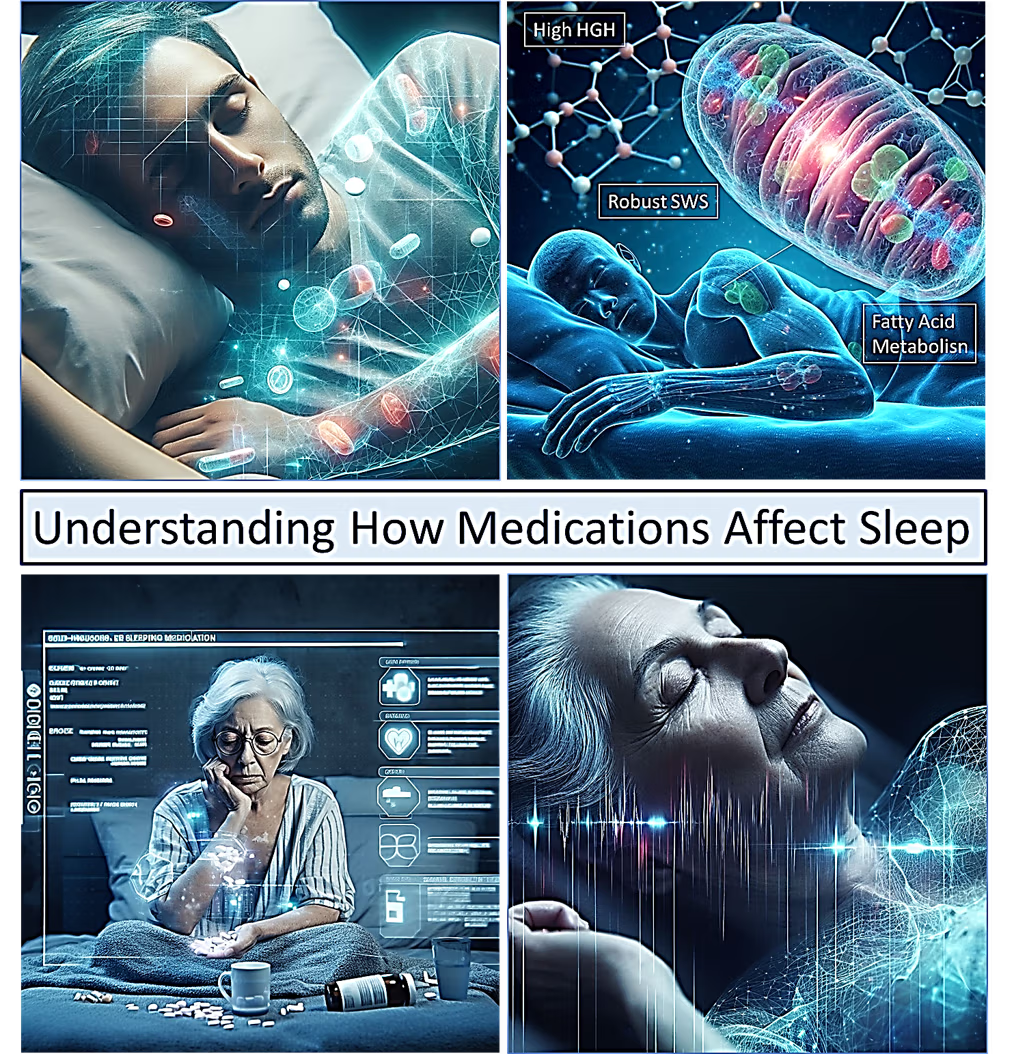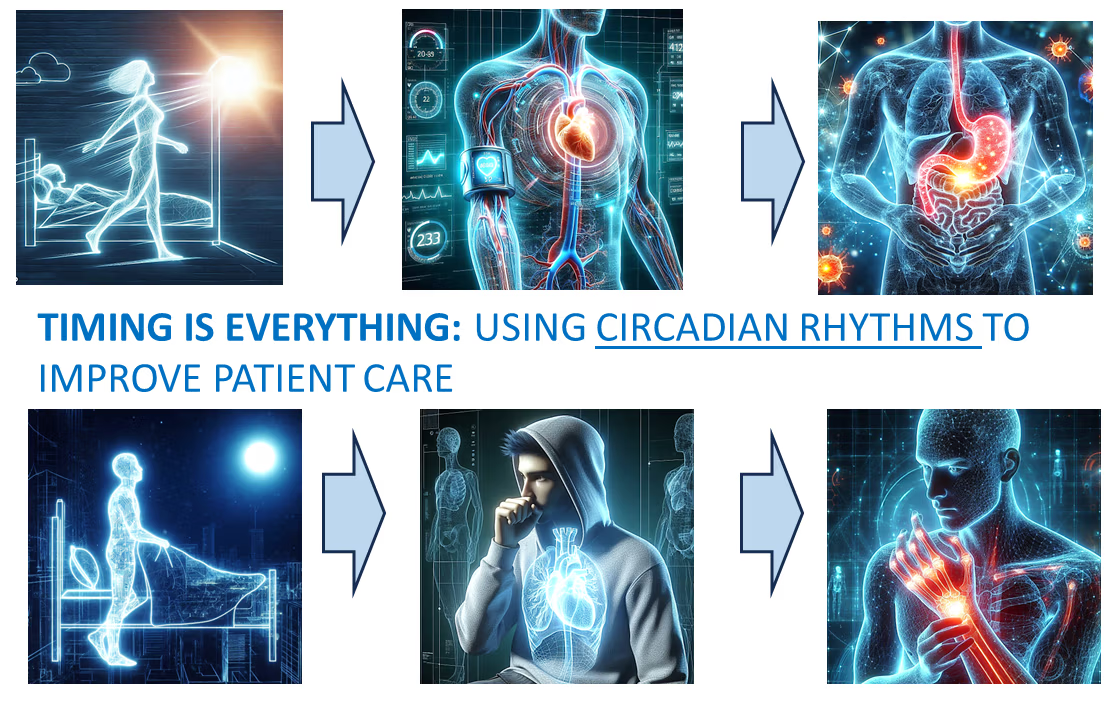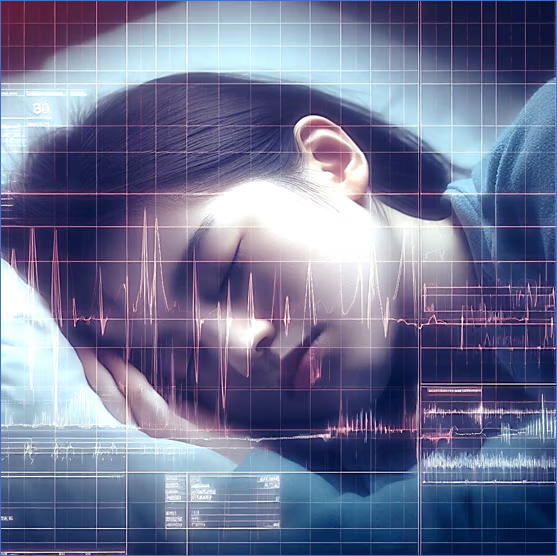Circadian Medicine – Six Different CEU Classes
Numerous every-day prescription and over-the-counter (OTC) drugs are associated with producing sleep disorders such as insomnia, nocturnal awakenings, and parasomnias. Sleep disturbances also commonly occur with the ill-timed use of alcohol, caffeine, nicotine, and many legal and illegal recreational drugs. It is generally believed that this information is well understood and common knowledge. That belief, however, is mistaken.
The daily cycle of light and darkness has been recognized as a factor in health and well-being for millennia. Our circadian rhythms, linked to cycles of light and darkness, play an important role in many physiologic processes. These diurnal cycles can also influence our response to disease, stress, medications, invasive procedures, and surgery.
As circadian rhythms are the basis of most human physiology, it is expected that they also impact the response of a human being to disease, stress, and pharmacologic therapeutics. Less-known is how eating, sleeping, and exercise impact the circadian rhythm.
When prescription drugs are taken can profoundly influence their pharmacological action, therapeutic outcomes, and potential side effects.
This new webinar will deeply explore the psychological and physical issues that come with insufficient sleep in adolescence. It will also discuss interventions and protocols to correct and improve juvenile and adolescent sleep.
The sleep loss epidemic is a pressing issue in our modern society, affecting people across age groups and socioeconomic backgrounds.






